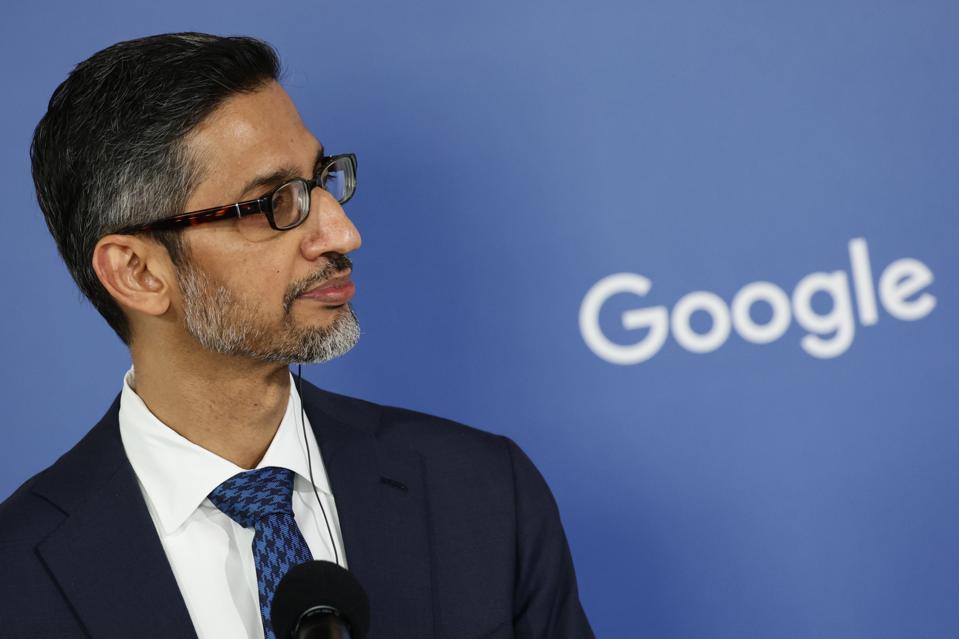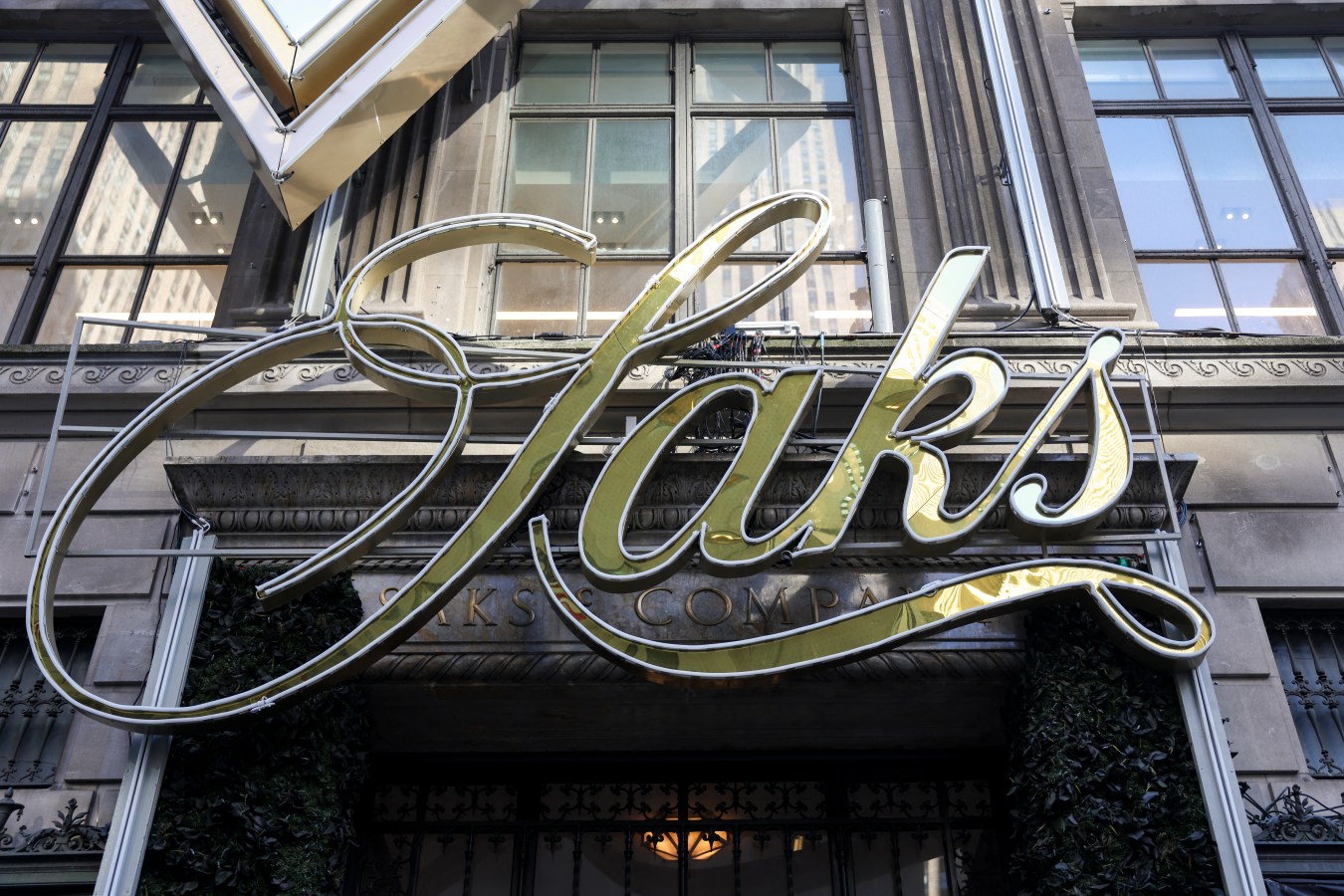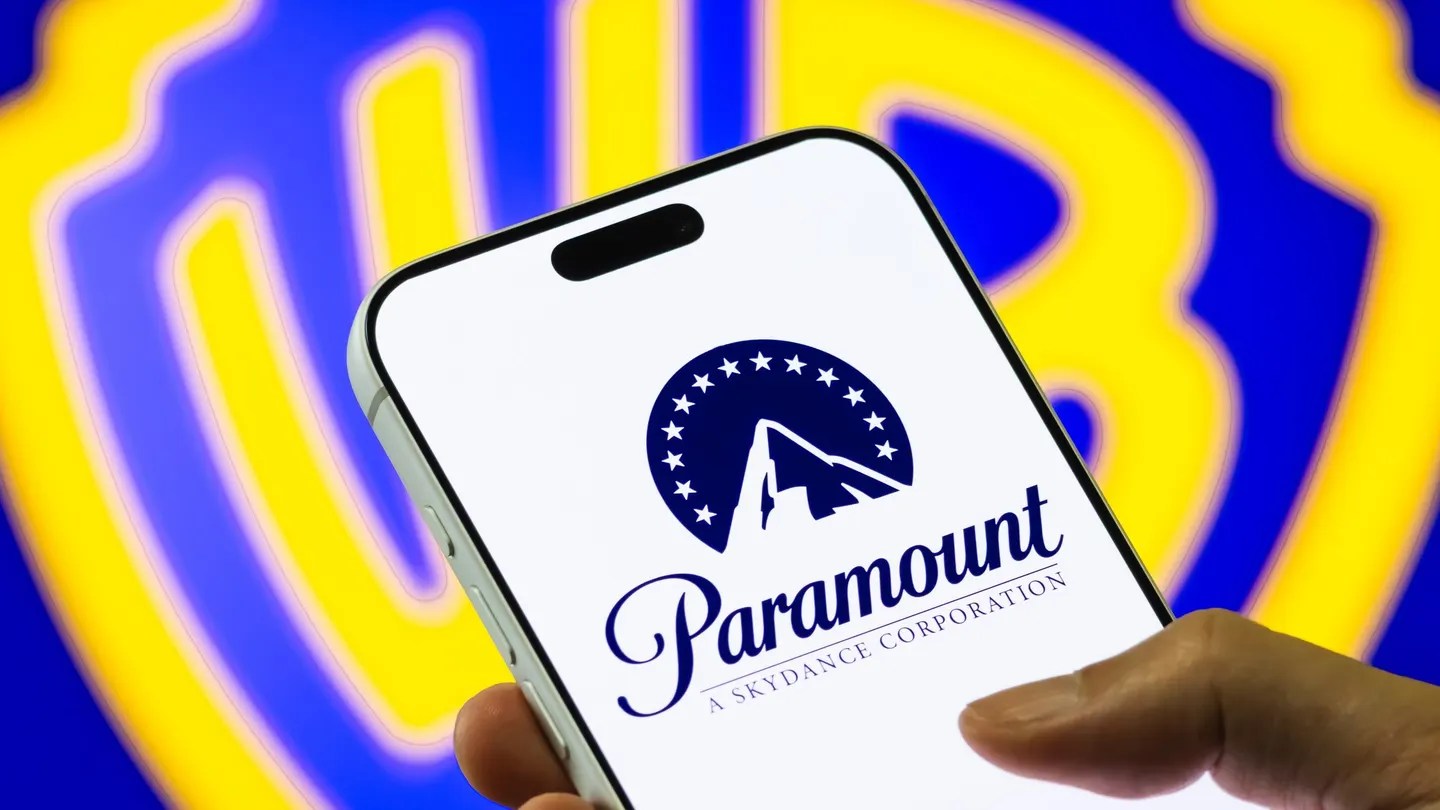Google will not have to sell its Chrome browser to remedy its search market monopoly, a federal judge ruled Tuesday, but the tech giant will have to share some of its data with competitors among other legal concessions.

Google CEO Sundar Pichai. (Photo by Jakub Porzycki/NurPhoto via Getty Images)
NurPhoto via Getty Images
Key Takeaways
- Judge Amit P. Mehta did not side with federal prosecutors who wanted Google to divest from Chrome, saying the company will not be required to sell the popular web browser.
- Instead, the judge ruled Google will have to provide search and user-interaction data with “Qualified Competitors.”
- Mehta barred Google from entering exclusive contracts “relating to the distribution of Google Search, Chrome, Google Assistant and the Gemini app” and said the company will have to offer search and search text ads syndication services to competitors.
- Google, which makes most of its revenue from its ad business, will also have to publicly disclose changes it makes to its ad auctions “to promote greater transparency in search text ads pricing,” Mehta wrote.
- Forbes has reached out to Google for comment.
Tangent
Shares of Alphabet, Google’s parent company, surged nearly 8% in after-hours trading Tuesday after closing down a fraction of a percent at $211.99.
Big Number
63.7%. That is the share of the web browser market Chrome held in July, according to Similarweb data.
Key Background
Less than a year after Google paid $700 million to settle an antitrust lawsuit over app store business practices, Mehta ruled in a separate case in 2024 that Google was a monopolist, saying the company used exclusive distribution agreements and charged “supracompetitive prices for general search text ads” that led to “anticompetitive behavior.”
A separate district judge backed Mehta’s findings, ruling in April that Google held a monopoly over online advertising technology. The Justice Department pushed for the sale of Chrome to remedy the rulings against Google, which said doing so would hurt the browser and its users. AI firm Perplexity made a $34.5 billion bid for the browser last month, arguing its offer was “designed to satisfy an antitrust remedy” by putting Chrome in the hands of “a capable, independent operator.”
Look back on the week that was with hand-picked articles from Australia and around the world. Sign up to the Forbes Australia newsletter here or become a member here.


